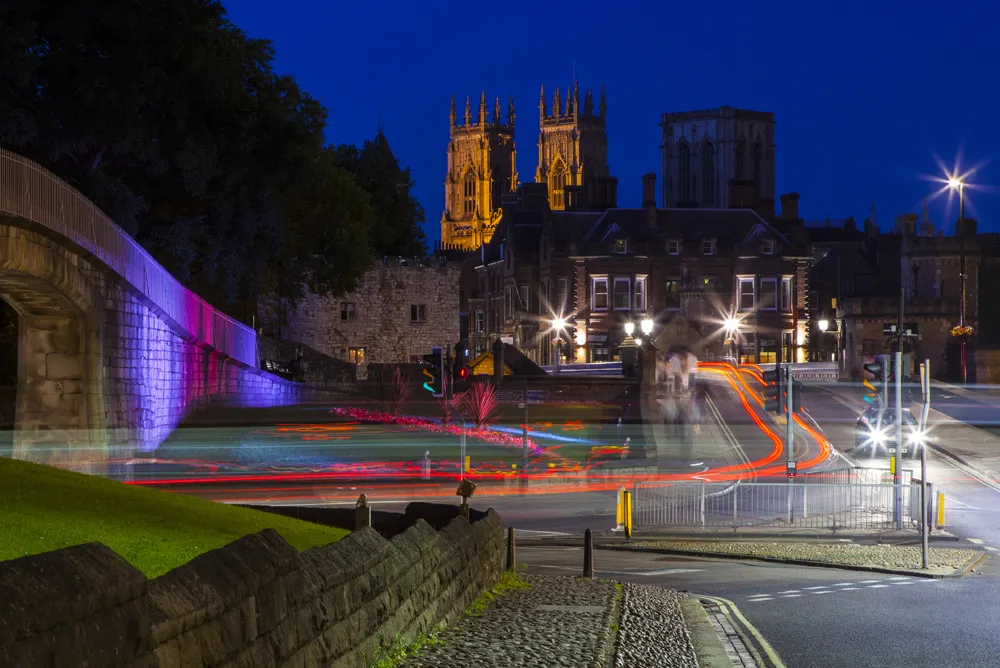Rhode Island Department of Transportation (RIDOT) is planning to invest US$2 million in a new system aimed at decreasing the number of wrong-way drivers on the state’s highways.
According to Robert Rocchio, managing engineer of traffic and safety at RIDOT, the state sees a minimum of one fatal crash per year due to drivers going the wrong way on the state's major highways.
RIDOT hopes to begin installing intelligent transportation systems on highway off-ramps at twenty different locations across the s
March 5, 2014
Read time: 2 mins
Rhode Island Department of Transportation (RIDOT) is planning to invest US$2 million in a new system aimed at decreasing the number of wrong-way drivers on the state’s highways.
According to Robert Rocchio, managing engineer of traffic and safety at RIDOT, the state sees a minimum of one fatal crash per year due to drivers going the wrong way on the state's major highways.
RIDOT hopes to begin installing intelligent transportation systems on highway off-ramps at twenty different locations across the state as early as April.
The devices would be able to detect vehicles entering the highway on off-ramps, and would cause two wrong-way signs to flash in attempt to alert the driver to their error. If the driver continues past those signs, the state police would be notified. Warnings will also be placed on overhead digital signs currently on the state’s highways.
In addition to the automated components, the US$2 million project will also include increased signage and markers on every off ramp in the state.
According to Robert Rocchio, managing engineer of traffic and safety at RIDOT, the state sees a minimum of one fatal crash per year due to drivers going the wrong way on the state's major highways.
RIDOT hopes to begin installing intelligent transportation systems on highway off-ramps at twenty different locations across the state as early as April.
The devices would be able to detect vehicles entering the highway on off-ramps, and would cause two wrong-way signs to flash in attempt to alert the driver to their error. If the driver continues past those signs, the state police would be notified. Warnings will also be placed on overhead digital signs currently on the state’s highways.
In addition to the automated components, the US$2 million project will also include increased signage and markers on every off ramp in the state.










